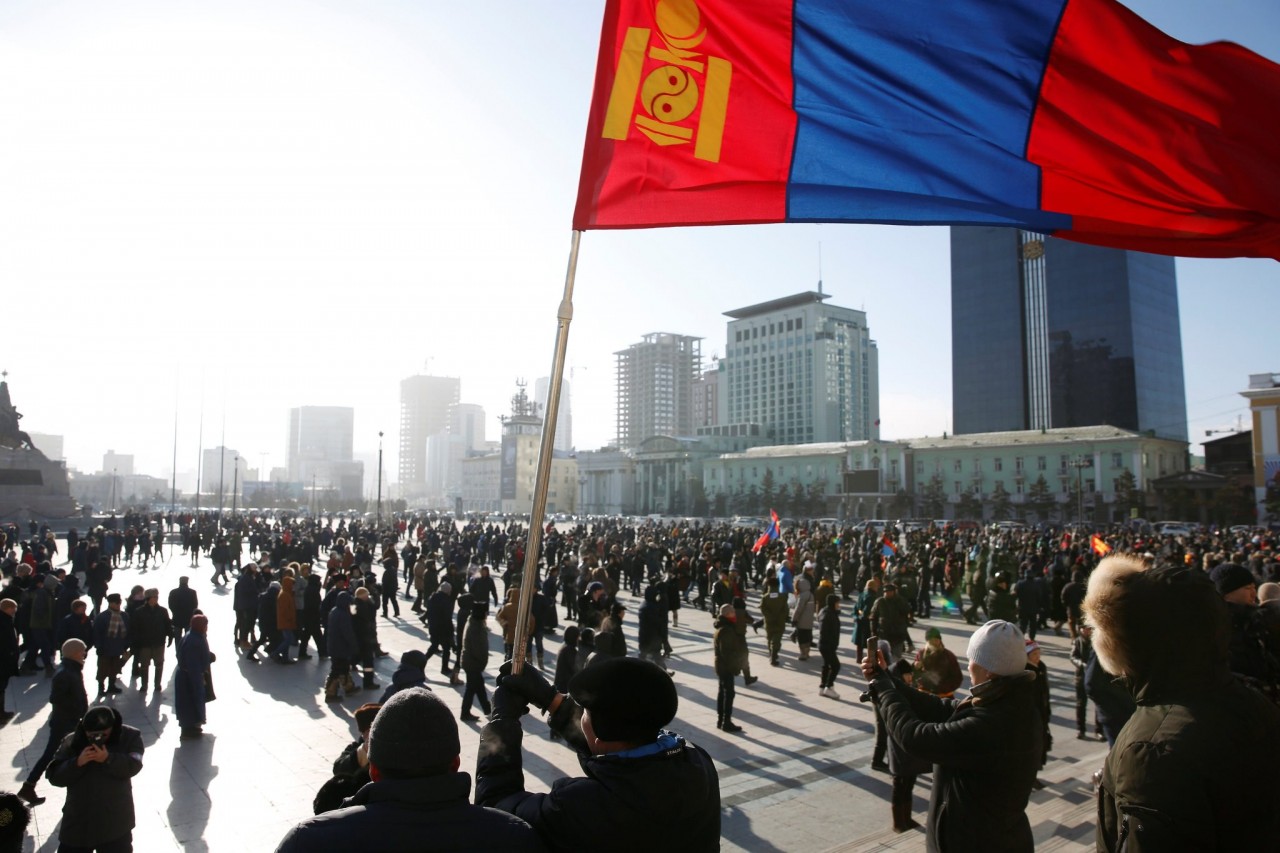 |
| Since the Russia-Ukraine conflict, Mongolia has experienced more than a year of difficulties, especially in the economic field. Illustrative photo. (Source: News.MN) |
Socio-economic impact
Mongolia is heavily dependent on imports of many strategic commodities from Russia. In particular, 28% of Ulaanbaatar's goods come from Moscow, especially petroleum products. Therefore, Western sanctions against Russia have made it difficult for Mongolia to import petroleum from its southern neighbor. In this situation, to reduce import costs and stabilize supply, Ulaanbaatar has exempted excise tax on diesel fuel until July 2023. The Mongolian government has reached agreements with Russian energy suppliers to ensure stable supplies of key petroleum products until 2027.
Global inflation due to the Russia-Ukraine conflict has had a major impact on the Mongolian economy. Not to mention the expansionary monetary and fiscal policies related to Covid-19 and China's zero-Covid policy, which have increased the cost of transporting key consumer products such as wheat and oil, and disrupted supplies. This has contributed to pushing the country's inflation to 16.1% in June 2022, the highest level since 2014. Of which, the increase in prices of imported goods, especially food and gasoline, accounted for 9.2%.
Rising fuel and food prices have increased import costs, putting further pressure on Ulaanbaatar’s balance of payments. In 2022, the value of petroleum imports increased by 52% in 2022, while the amount of oil increased by only 3.9%. This has had a negative impact on Mongolia’s foreign exchange reserves. Specifically, from February to the end of last year, the country’s foreign exchange reserves fell by 7.7% and the Mongolian Togrok lost 20.1% of its value.
To counter rising inflation, the Central Bank of Mongolia tightened monetary policy throughout 2022 and raised the policy interest rate to 13%, while keeping fiscal policy expansionary.
It can be said that the impact of the Russia-Ukraine conflict and Covid-19 has caused significant difficulties for Mongolian small and medium-sized enterprises due to supply disruptions, labor shortages and reduced consumer demand. In particular, manufacturing and trading companies have faced many challenges due to significant delays in transportation through Russia, import and transit activities from China have slowed down, and raw material and transportation prices have skyrocketed.
Conflict affects not only the economy and businesses, but also individual households. While inflation increases, pensions, social benefits and wages remain unchanged. This impacts low-income households, welfare dependents, and vulnerable groups.
| With the Russia-Ukraine conflict “with no end in sight”, the world economy, including Mongolia, continues to be severely affected, and families, farmers and businesses in this country will remain “stuck” in many difficulties. |
Pressure in foreign policy
According to some experts, due to economic, historical and geographical ties with its large neighbor, Ulaanbaatar is unlikely to reduce its dependence on Moscow.
Therefore, the Mongolian government wishes to maintain good relations with Russia and always remains neutral regarding the situation in Ukraine by continuously refusing to criticize Russia in the United Nations General Assembly (UNGA) resolutions on Ukraine.
During the strategic dialogue with the US last August, Mongolia stated its position: “Disputes should be resolved by peaceful means and in accordance with the UN Charter and international law, including the principles of sovereignty and respect for the independence and territorial integrity of states, as well as refraining from the threat or use of force.” Both expressed concern about the humanitarian situation in Ukraine.
In September 2022, speaking at the UN General Assembly, Mongolian President Ukhnaagiin Khurelsukh also affirmed that both Russia and Ukraine must find a peaceful solution to the conflict. However, in all UN votes on Moscow's military campaign, Mongolia has always abstained.
However, the Ulaanbaatar government has not criticized the sanctions imposed by Western countries on Russia, even though these measures have had a significant impact on the Mongolian economy. For example, sanctions on Russian banks have made it difficult to pay for Mongolian goods imported from Moscow.
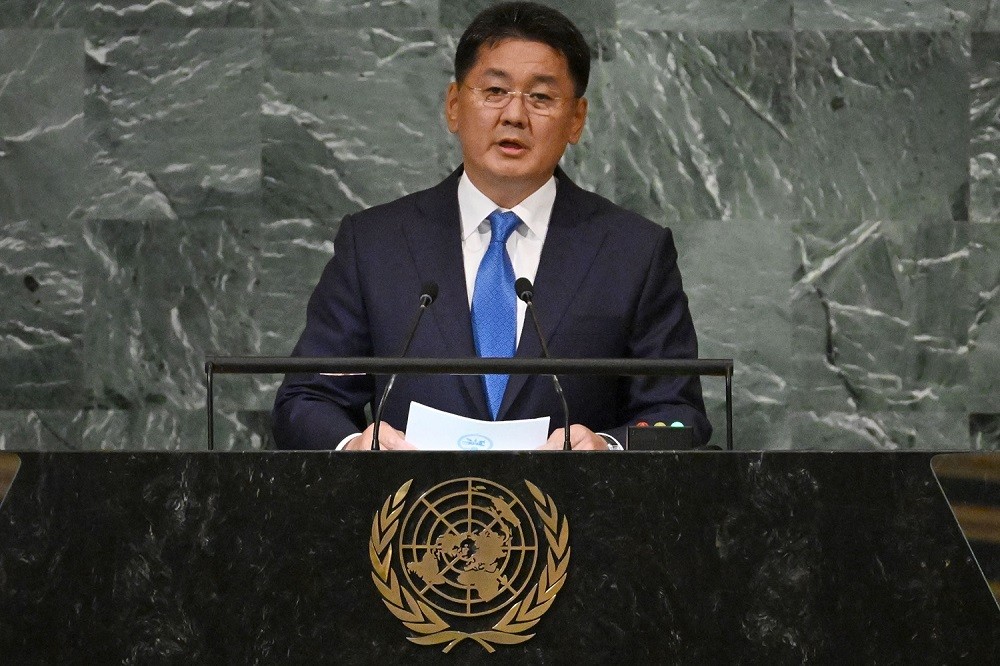 |
| Mongolian President Ukhnaagiin Khurelsukh addresses the 77th session of the United Nations General Assembly on September 21, 2022. (Source: AFP/Getty Images) |
Besides, according to some experts, Mongolia is also concerned about the prospect of a Cold War that may occur as Russia and China are getting closer to each other, facing increasing competition with Western countries.
Speaking to Time magazine in April 2021, former Mongolian President Elbegdorj Tsakhia said: “We are facing many challenges to maintain our democracy... Mongolia is still striving for the survival and development of the country.”
Therefore, in recent years, in addition to strengthening relations with “neighbors” that share many close interests, Mongolia has promoted a policy of “third neighbors”, including the United States, Japan, South Korea and other Western countries.
Last year, Mongolia held the 15th annual bilateral consultations and the first strategic dialogue with the United States, aimed at strengthening relations with this Strategic Partnership in the capital Ulaanbaatar.
In addition, in the second half of 2022, President Khurelsukh visited China and Japan, while Prime Minister Luvsannamsrain Oyun-Erdene traveled to Germany to strengthen relations with many countries around the world, as well as make the most of his diverse foreign policy.
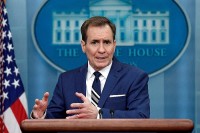 | US says China cannot be 'impartial' mediator in Ukraine conflict, Beijing fires back On March 21, the US said that China is not capable of becoming an "impartial" mediator between Moscow and Kiev... |
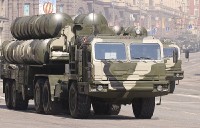 | Russia 'tied up' by conflict in Ukraine? NATO dismisses Moscow's 'complaints' about depleted uranium munitions The Indian Air Force (IAF) said Russia has failed to deliver key weapons as promised to the Indian military... |
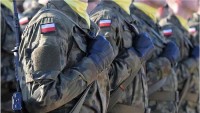 | After Ukraine, one country is preparing for a potential conflict with Russia Journalist Eugeniusz Zinkiewicz in an article in the magazine Myśl Polska said that the Polish people are being prepared for a ... |
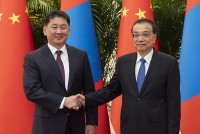 | China-Mongolia strengthen bilateral cooperation, ready to take relations to 'new heights' At the invitation of President Xi Jinping, Mongolian President Ukhnaa Khurelsukh paid a state visit to China ... |
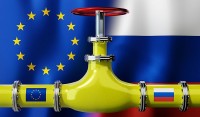 | Russian corporation wants to sell gas to China via Mongolia, Moscow expects this from Beijing Russian oil giant Rosneft wants to supply gas to Krasnoyarsk and Irkutsk provinces via the Power of Siberia 2 pipeline. |
Source








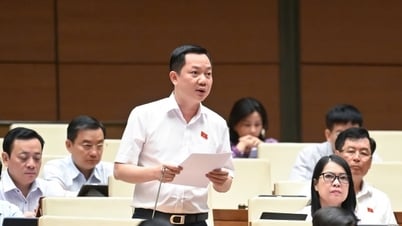

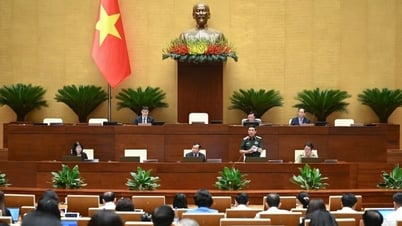
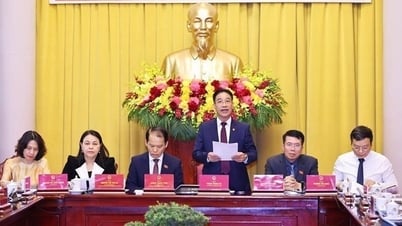
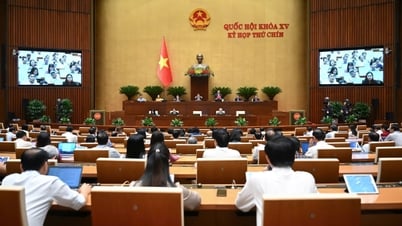
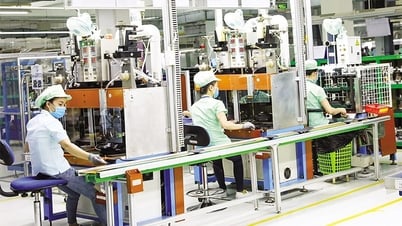





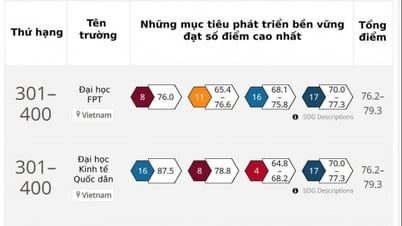

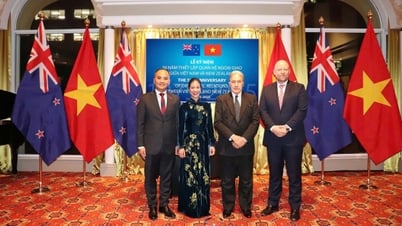
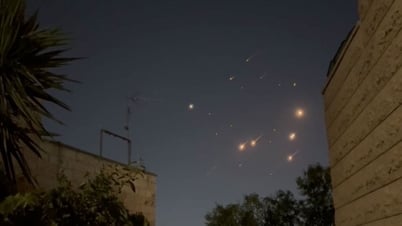
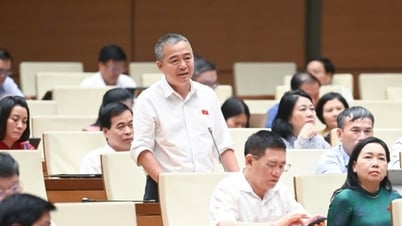
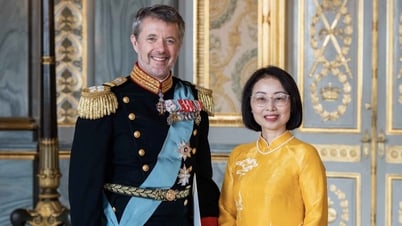

















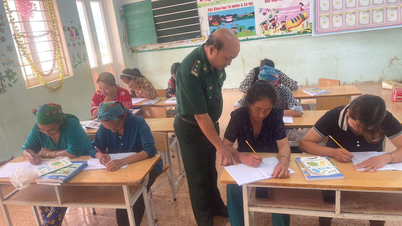




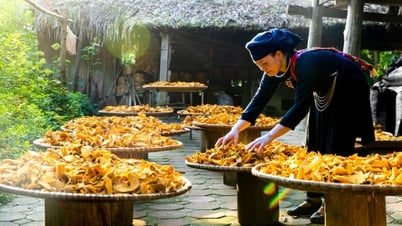


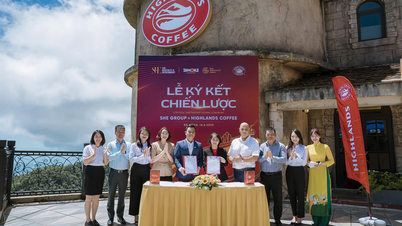


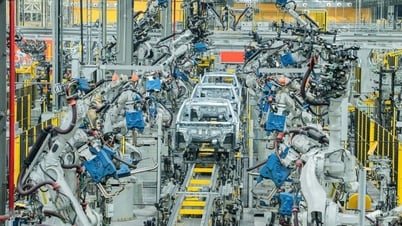





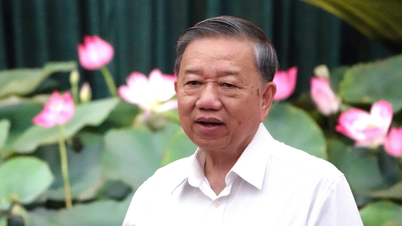

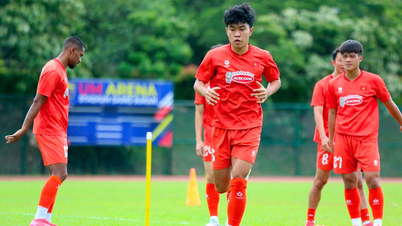







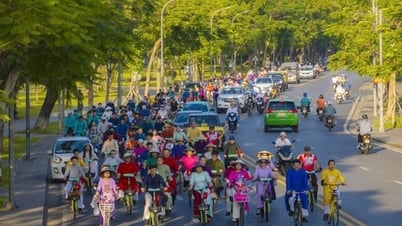


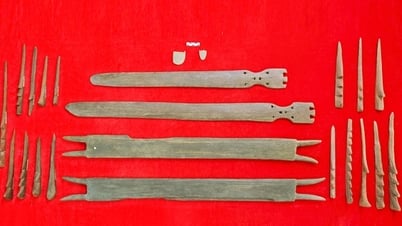
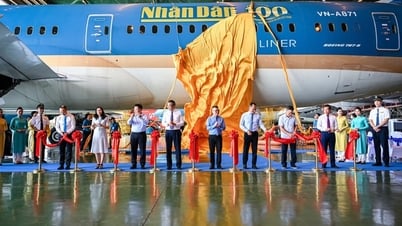

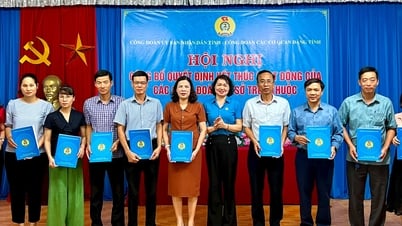

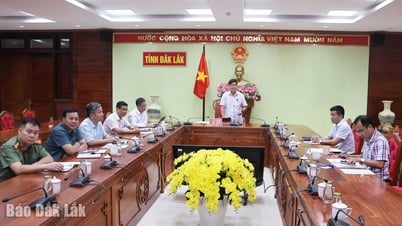



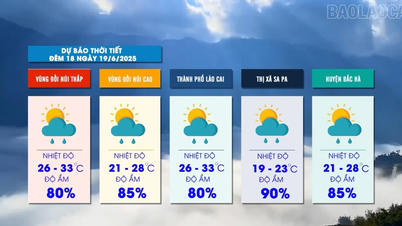


















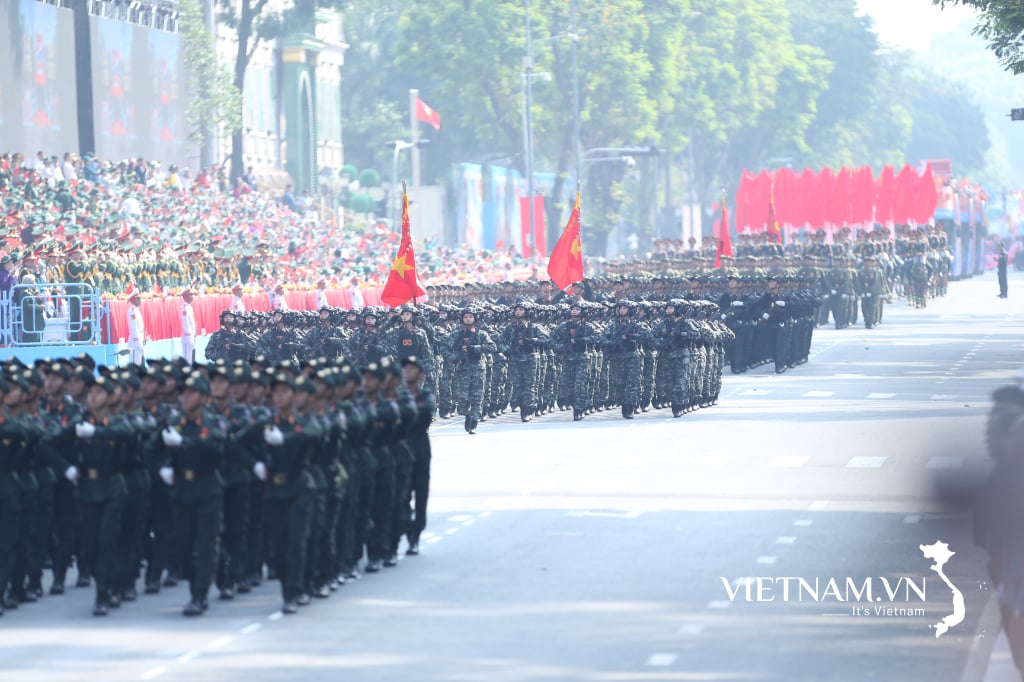
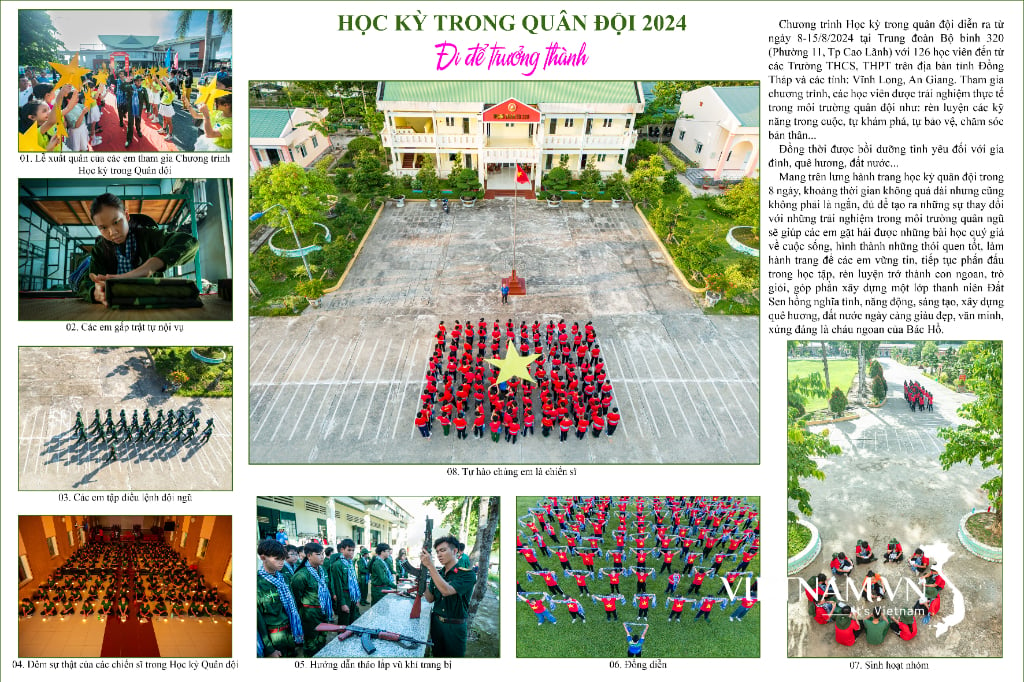
Comment (0)